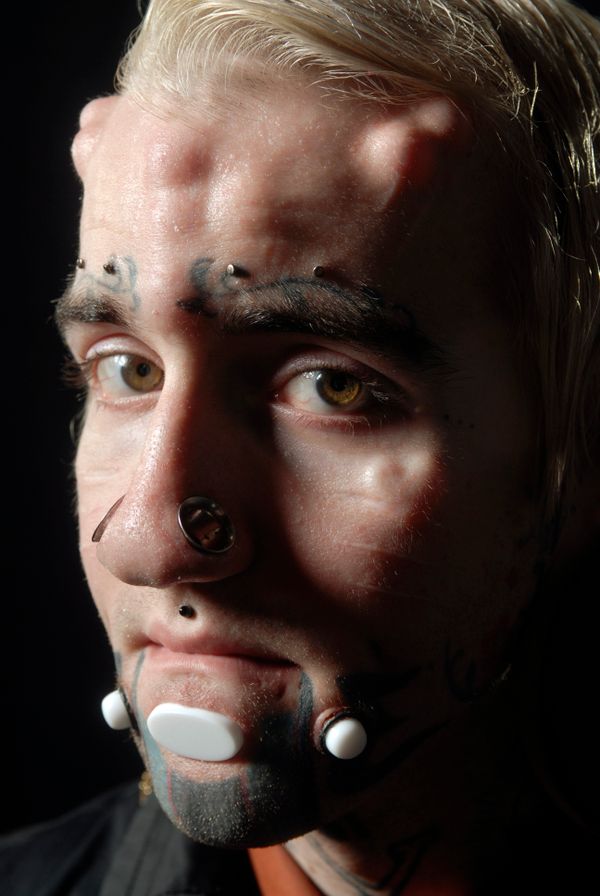
How much do you love your kid? Your dog? Your mom? Your best friend? Enough to have their DNA tattooed into your skin? Welcome to the 21st century, where even if you think that's creepy, it's now a possibility. Feel the need to have the genetic material of that guy you've been dating for three weeks inked into your clavicle? Don't know about that, but there are a lot of options available to you at this point.
Everence is a new company that brings us the world's first legitimate biogenic tattoo: You take the DNA of a loved one, procured through a quick and easy cheek swab (or cremated ashes), send it in to the company, and for around $650, you get a tiny vial of material that can be added to regular old tattoo ink. The end product is skin art that will unite you and your beloved together, forever.
Advertisement

